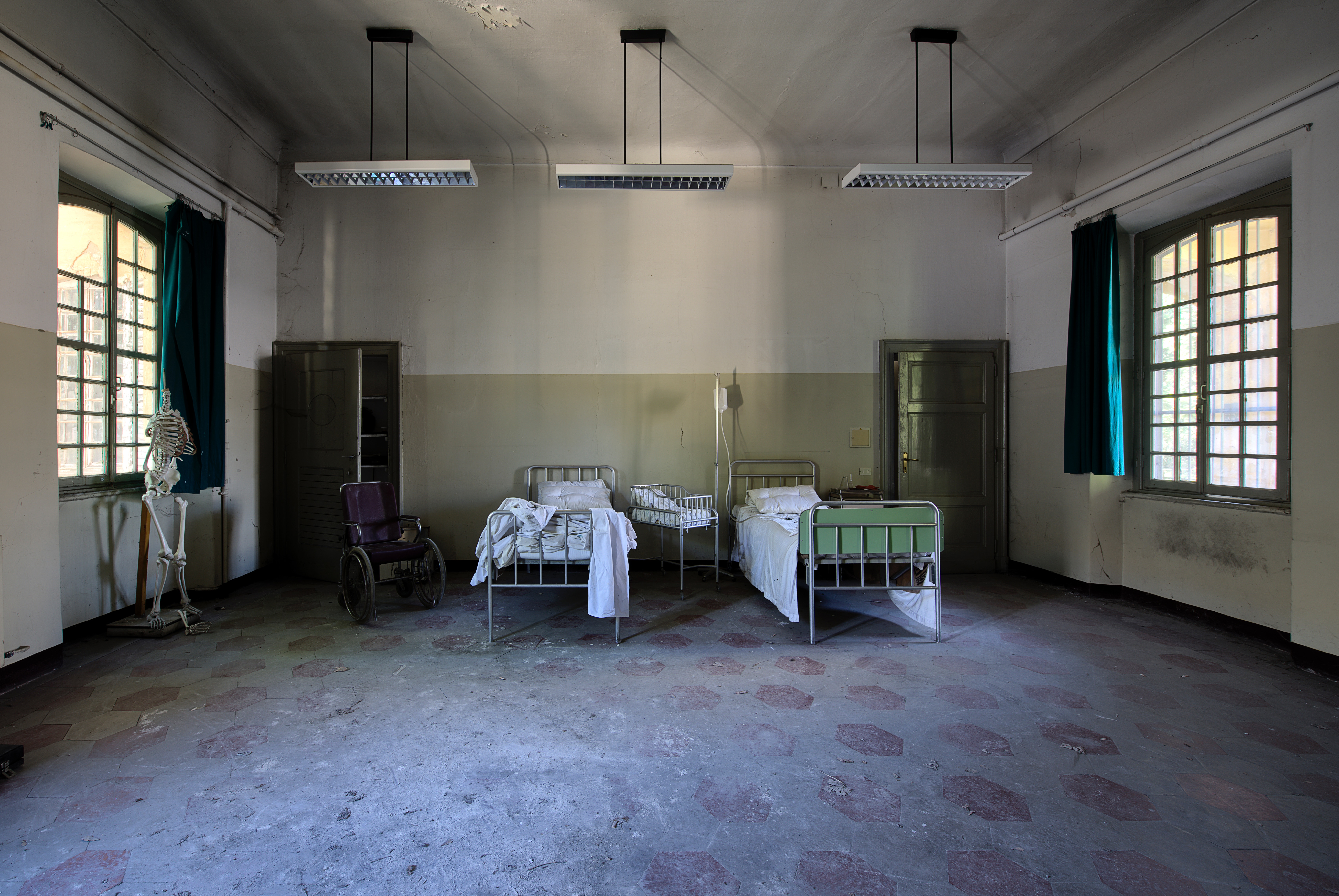A veteran disability campaigner is calling on the NHS to stop locking people with learning difficulties and autism in indefinite isolation units inside hospital wards akin to “Victorian age” institutions.
Simone Aspis, from advocacy group Changing Perspectives, has called for the NHS to instead look after such people in the community instead.
Her renewed calls come after a report by the Care Quality Commission (CQC) published on Tuesday (May 21) revealed that children as young as 11 are being kept inside segregated wards for years.
The report, commissioned by health secretary Matt Hancock, revealed that 62 people are currently being kept in segregation – one of whom for almost a decade.
Mr Hancock has since commissioned an independent review into each of these cases, accepting in full a spate of recommendations put forward by the CQC.
These include putting in place plans for those in segregation to be discharged and for those involved in their care to “explicitly consider” that person’s human rights.
“I think the recommendations do not go far enough,” Ms Aspis told RightsInfo. “An institution is an institution.”
“It cannot prepare people for a life in the community, when they start from a place where they are forced out of the community.”
‘High Proportion Of People In Segregation Had Autism’: What Were The Reports Main Findings?
The CQC visited 35 wards across the country, assessing the care of 39 people. Its report outlined the following preliminary findings:
- Many of the people visited had been communicating their distress and needs in a way that people may find challenging since childhood, and services were unable to meet their needs
- A high proportion of people in segregation had autism
- Some of the wards did not have a built environment that was suitable for people with autism
- Many staff lacked the necessary training and skills
- Several people that we have visited were not receiving high quality care and treatment
- In the case of 26 of the 39 people, staff had stopped attempting to reintegrate them back onto the main ward. This was usually because of concerns about violence and aggression
- Some people were experiencing delayed discharge from hospital, and so prolonged time in segregation, due to there being no suitable package of care available in a non-hospital setting
Dr Paul Lelliott, CQC deputy chief inspector of hospitals said urgent action was needed to protect the human rights of the most vulnerable.
He said: ““Given the severity and complexity of their problems, people held in segregation should be receiving expert care in an environment that is adapted to their specific needs.
“Although this was the case for some, for others the care was simply not of an acceptable standard.
“In some hospitals, a high proportion of staff were unqualified, with little or no training in the skills essential for working with people with a learning disability or autism and complex needs”.
Should These Inpatient Units Exist At All?
Ms Aspis, who has a learning disability and advocates on behalf of people in inpatient units, told RightsInfo that bigger questions must be asked on whether inpatient units should exist at all.
She said: “Can we make [inpatient units] better when the reason for their existence is around detaining people against their wishes and depriving them of their freedom?
“The answer has to be no.”
To spend thousands of pounds a week locking people up in institutions – with that money we could provide excellent care in the community.
Simone Aspis, disability campaigner for advocacy group Changing Perspectives
“This is a political choice,” she added. “To spend thousands of pounds a week locking people up in institutions – with that money we could provide excellent care in the community.
“The government has to act, or we will go back to the Victorian ages.”
She told RightsInfo that the Mental Health Act makes it very easy for people with learning disabilities or autism to be locked up in these institutions.
She said: “All they have to demonstrate is that people’s behaviour is deemed to be ‘seriously aggressive’ – whatever that means when compared to the standard of normal people.”
“There is no obligation on anybody to figure out why people behave in a challenging way.
“The focus should not be on their behaviour but on their wellbeing,” she said.
“Unless you promote their wellbeing, you won’t be able to promote positive behaviour.”
She added that the use of these wards constitutes a the violation of United Nations Convention on the Rights of People with Disabilities – of which Article 14 protects the right to liberty.
What Was The Government’s Response?

Image Credit: Flickr.
Speaking to the Telegraph on the CQC report, health secretary Matt Hancock said: “I have been deeply moved and appalled by the distressing stories of some autistic people and people with learning disabilities spending years detained in mental health units. These vulnerable people are too often left alone, away from their families, friends and communities.
“At its best, the health and care system provides excellent support to people, backed by a dedicated workforce. But a small proportion of some of the most vulnerable in society are being failed by a broken system that doesn’t work for them.”
He said he had accepted the recommendations of the watchdog in full, ordering that each case now be examined in detail.
“I hope this is a turning point so everyone receives the care they need. I will not let these people down – they deserve better,” he said.







